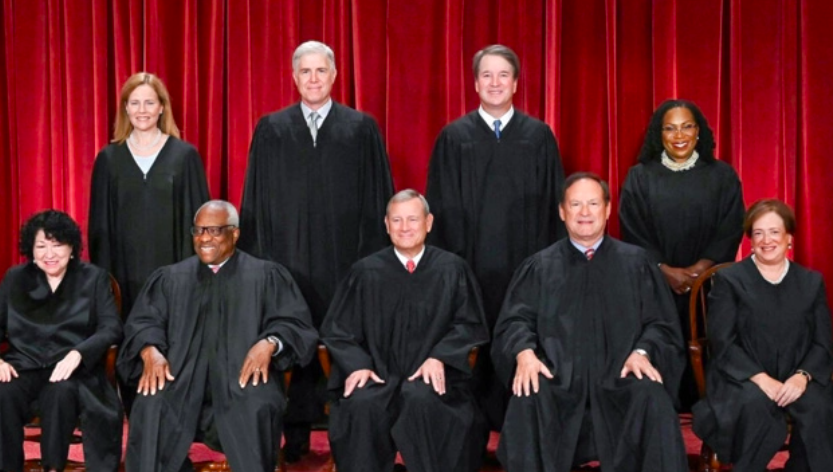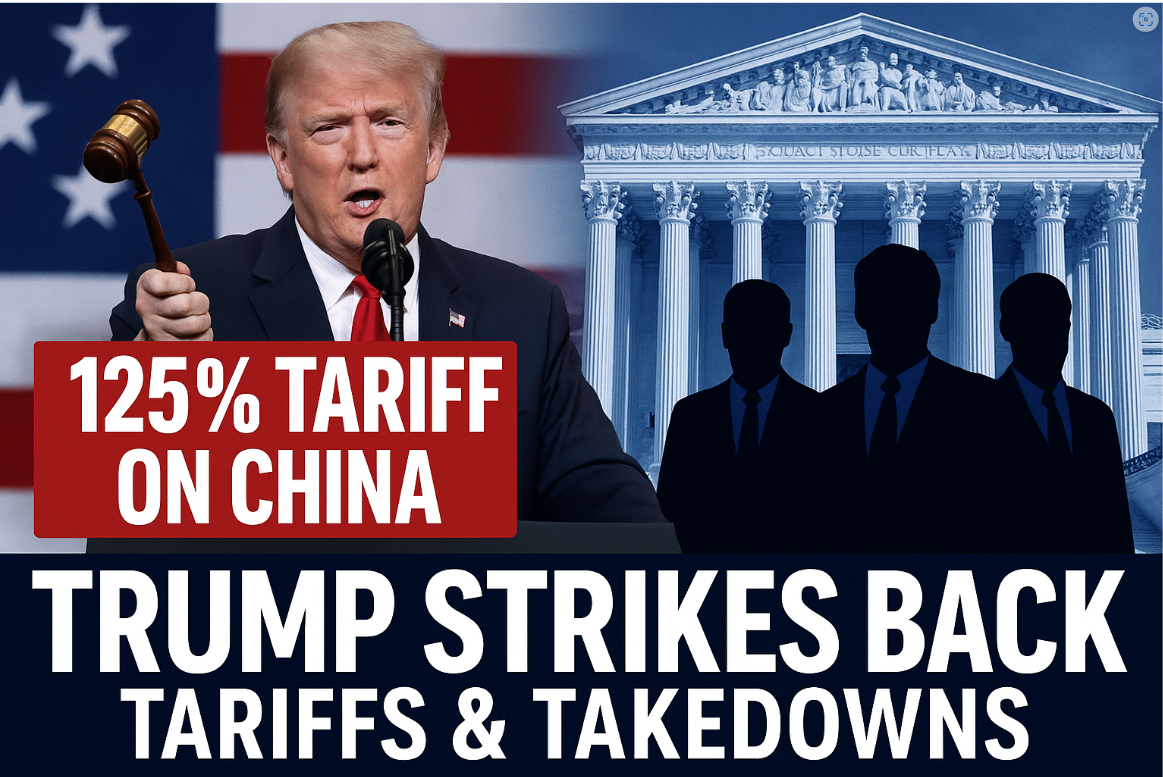In a significant ruling with wide-reaching implications, the Supreme Court of the United States has partially reinstated Arizona’s voting law, following a request from the Republican National Committee (RNC).
The decision, issued by the Court on a 5-4 vote, permits the enforcement of a provision requiring proof of citizenship for voters in federal elections. This ruling is seen as a victory for proponents of stricter voting regulations, despite ongoing legal challenges to the law’s constitutionality.

But the court kept on hold separate provisions that would prevent people without proof of citizenship from voting in presidential elections or by mail if they registered to vote using a different, federal registration form.
Context and Legal Background
In the 2020 election, Joe Biden beat former President Donald Trump in Arizona by just over 10,000 votes.
Arizona’s voting law has been the subject of intense legal battles since its enactment. The provision at the center of the controversy mandates that individuals provide proof of U.S. citizenship when registering to vote in federal elections.
More than 40,000 people have registered to vote in federal elections in Arizona without providing proof of citizenship, although state officials say most are inactive voters, and only a small number will likely be affected.
The provision the court allowed the state to enforce would require officials to turn away attempts to register to vote using the state’s own registration form if the person has no documentary proof of citizenship.
Proponents argue that this measure is essential for safeguarding the integrity of the electoral process, ensuring that only eligible citizens participate in voting. Critics, however, contend that the law could disenfranchise vulnerable populations, including minority groups and low-income individuals, by imposing unnecessary barriers to voting.
The law was previously blocked by lower courts, which found that it likely violated federal statutes, including the National Voter Registration Act (NVRA).
The NVRA, commonly known as the “Motor Voter Act,” was designed to streamline the voter registration process and increase voter participation. The lower courts ruled that Arizona’s proof of citizenship requirement imposed an undue burden on voters and was preempted by federal law.
Supreme Court’s Decision
BREAKING: The U.S. Supreme Court has just voted to REINSTATE a provision from an Arizona law that requires voter applicants to provide documentary proof-of-citizenship when getting registered to vote
GLORY BE TO GOD!
This overruled the decisions from the lower court judges who… pic.twitter.com/a8ec5jb77x
— George (@BehizyTweets) August 22, 2024
The Supreme Court’s decision to partially reinstate the Arizona voting law has sparked a renewed debate over voting rights and election integrity. The Court’s conservative majority sided with the RNC’s argument that the state has a legitimate interest in preventing voter fraud by ensuring that only eligible citizens are allowed to vote.
Justice Samuel Alito, writing for the majority, emphasized that the state has the authority to implement reasonable measures to protect the integrity of its elections.
“The State of Arizona has a compelling interest in ensuring that only eligible voters are able to participate in federal elections,” Alito wrote. “The proof of citizenship requirement is a reasonable and constitutional means of achieving this goal.”
However, the Court’s decision is not without its detractors. In a dissenting opinion, Justice Elena Kagan argued that the law imposes unnecessary barriers to voting and could disproportionately affect minority communities. Kagan emphasized that the NVRA was enacted to eliminate such barriers and that Arizona’s law undermines the very purpose of the federal statute.
Impact and Implications
The Supreme Court’s ruling is expected to have far-reaching consequences, not only for Arizona but for other states considering similar measures. The decision may embolden other states to enact stricter voting laws, particularly in the lead-up to the 2024 presidential election. This could lead to further legal battles and challenges to the constitutionality of such laws, potentially setting the stage for future Supreme Court rulings on the matter.
Supporters of the ruling, including the RNC, argue that it represents a crucial step in protecting the integrity of U.S. elections. They contend that ensuring only eligible citizens can vote is essential to maintaining public trust in the electoral process. “This decision is a victory for election integrity and the rule of law,” an RNC spokesperson said. “The Supreme Court’s ruling reaffirms the state’s right to protect its elections from fraud and ensure that every vote is legitimate.”
On the other hand, opponents warn that the ruling could lead to widespread voter disenfranchisement, particularly among marginalized communities. They argue that the proof of citizenship requirement is an unnecessary and discriminatory barrier to voting that could prevent thousands of eligible voters from participating in elections.
Conclusion
The Supreme Court’s partial reinstatement of Arizona’s voting law highlights the ongoing struggle between ensuring election integrity and protecting voting rights. The ruling, seen as a victory for those advocating for stricter voting regulations, underscores the importance of the judiciary in shaping the nation’s electoral landscape. As states across the country grapple with similar issues, the debate over voting laws and election integrity is likely to remain a central issue in American politics.



this is simple common sense. Every country in the world limits voting to citizens and you must show proof of ID.